Bondage fall in inhuman new rise slavery world
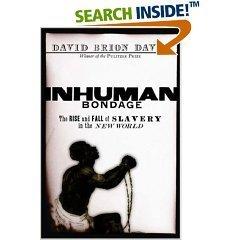
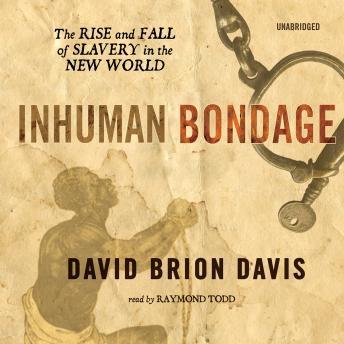
David Brion Davis has long been recognized as the leading authority on slavery in the Western World. His books have won every major history award--including the Pulitzer Prize and the National Book Award--and he has been universally praised for his prodigious research, his.

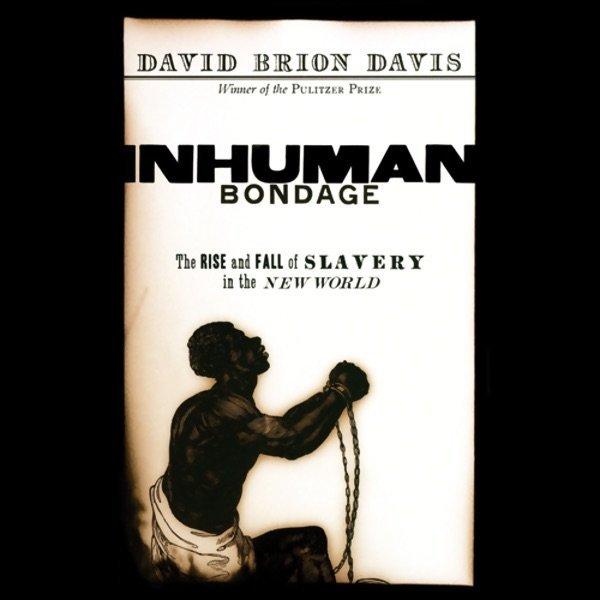

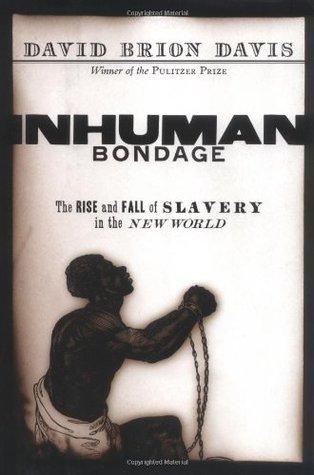
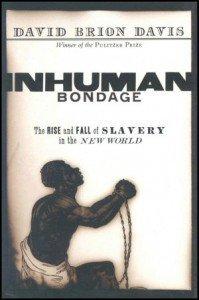
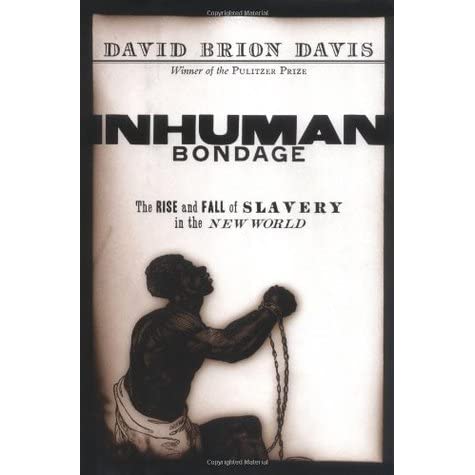

My name Mara Age: 27. Sofisticated, Sensual and a bit mischievous with a wild side yet to be tamedI'm years old, natural beauty with nice face and natural round boobs and fanny
Inhuman Bondage



Inhuman Bondage: The Rise and Fall of Slavery in the New World - David Brion Davis - Google книги


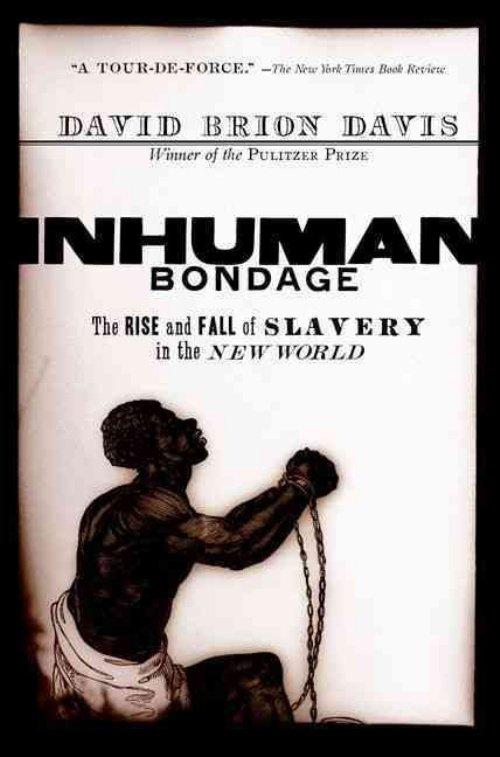



Valerie Age: 29. I'm very versatile and can be active (top) or passive (bottom) as you desire… if it is your first time don’t be shy!!! I promise to take good care and be really gentle.


Project MUSE - Inhuman Bondage: The Rise and Fall of Slavery in the New World (review)
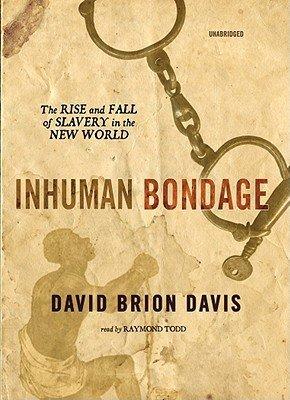
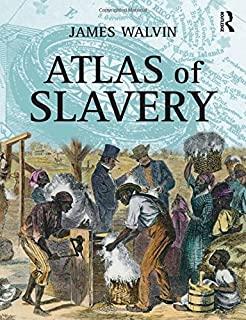
Inhuman Bondage: The Rise and Fall of Slavery in the New World is a book by American cultural and intellectual historian David Brion Davis, published by.


Description:His books have won every major history award--including the Pulitzer Prize and the National Book Award--and he has been universally praised for his prodigious research, his brilliant analytical skill, and his rich and powerful prose. Engerman calls "a monumental and magisterial book, the essential work on New World slavery for several decades to come. The heart of the book looks at slavery in the American South, describing black slaveholding planters, the rise of the Cotton Kingdom, the daily life of ordinary slaves, the highly destructive internal, long-distance slave trade, the sexual exploitation of slaves, the emergence of an African-American culture, and much more. But though centered on the United States, the book offers a global perspective spanning four continents. It is the only study of American slavery that reaches back to ancient foundations discussing the classical and biblical justifications for chattel bondage and also traces the long evolution of anti-black racism as in the writings of David Hume and Immanuel Kant, among many others.
























User Comments 1
Post a comment
Comment: